Wyoming’s perennial debate — push for growth or hold steady — took center stage at the Capitol as the State Loan and Investment Board (SLIB) huddled over business infrastructure and the state’s long game. First up was money for a sewer project in Kemmerer, the kind of unglamorous backbone that determines whether big ideas actually happen.
The proposal is meant to keep pace with what’s coming to Kemmerer: TerraPower’s nuclear project, ExxonMobil activity and expanding trona operations.
“You gotta have the foundation, but you also have to make communities that are livable and have job opportunities for the young folks who are trying to stay here,” said Wyoming Business Council CEO Josh Dorrell.
Dorrell didn’t sugarcoat the headwinds. Wyoming bleeds young people at twice the national rate, he told the board, calling it both a policy and talent problem:
“How do we continue to have young people staying in the state? If you’re born in Wyoming, your chances of leaving are two times greater than anywhere else.”
About 20% of these projects are locally funded; the state — largely through the Business Council’s Business-Ready Community Program — covers the rest.
Gov. Mark Gordon signaled the administration is willing to lean in when a community’s ask doesn’t match its needs.
“We actually added to it because we didn’t feel they brought an adequate request to meet the needs that they had,” he said.
The conversation quickly widened to the Legislature, where recent cost-cutting and tax debates shape what gets built — and who sticks around to work there. Lawmakers have thumped their chests over trims tied to housing, medical facilities, schools and even Capitol construction budgets. But that belt-tightening has coincided with an exodus of teachers and medical professionals.
“We are in a competition for talent… other states seem to be pulling our people away, and I think we have to really look at why that’s happening,” Dorrell said. Critics, meanwhile, warn that shifting taxes and fees can hit retirees and others who came for Wyoming’s lower costs.
Dorrell argued the policy tweaks ahead should be about durability, not quick wins.
“It’s going to help us make laws that are going to work for the future, not just for today.” Gordon agreed on the stakes: “Wyoming has got some incredible opportunities… I’m really glad that we’re digging a little bit deeper than just the surface issues and really starting to think about, foundationally, what are the things we can do to raise our economy.”
SLIB meets again in December. By then, lawmakers will be gearing up for a session complicated by the sunset of pandemic-era federal dollars — and a tough conversation about how to fund local programs while keeping those headline-grabbing tax cuts.
The original story by Valeria Fugate for Wyoming News Now.
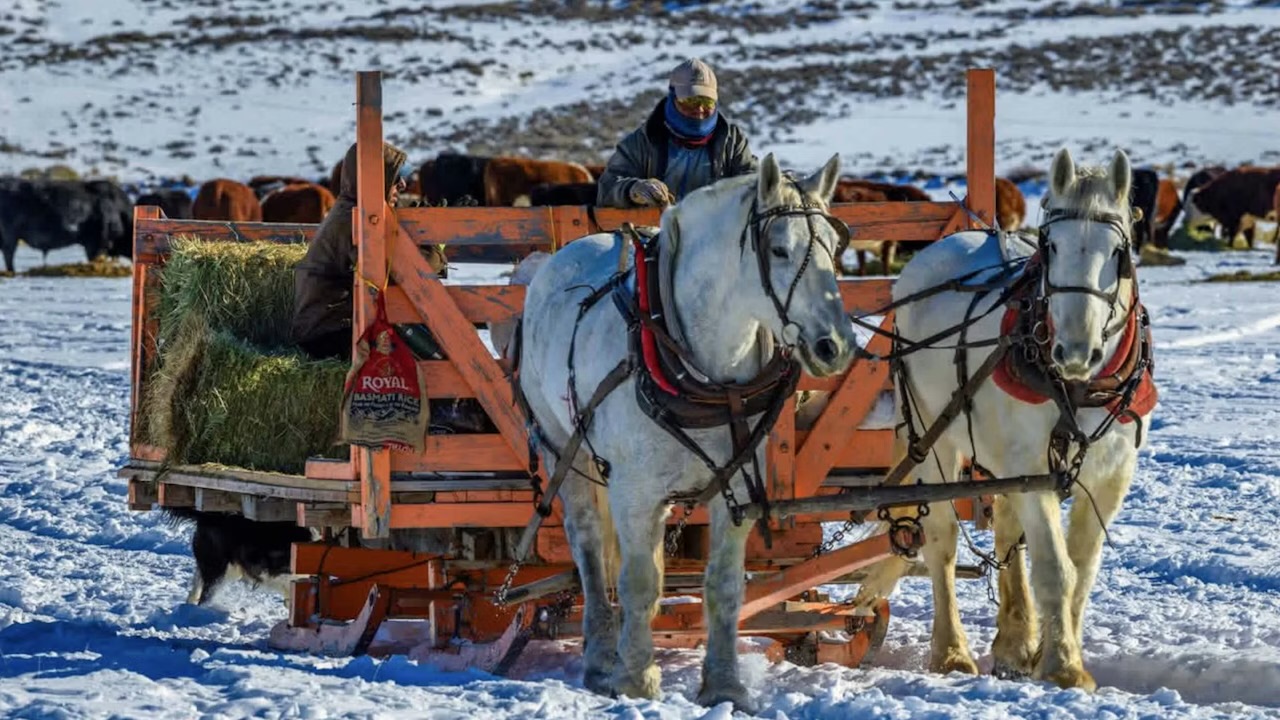
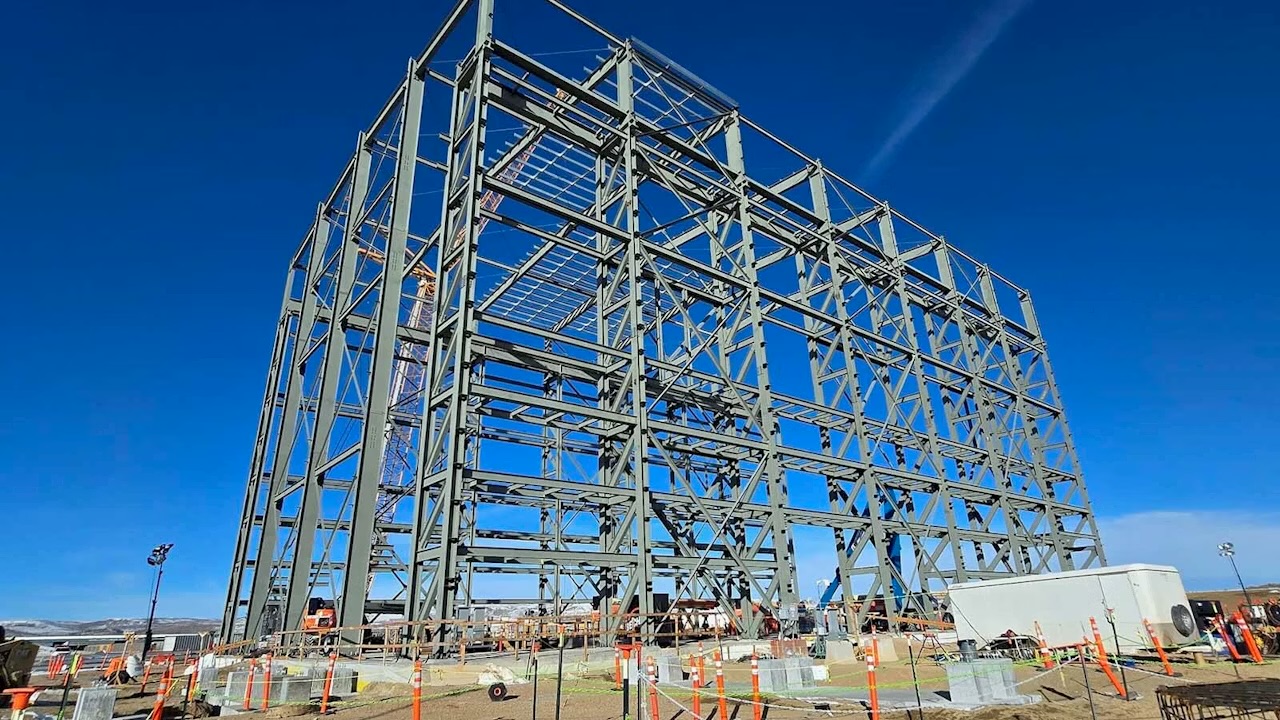

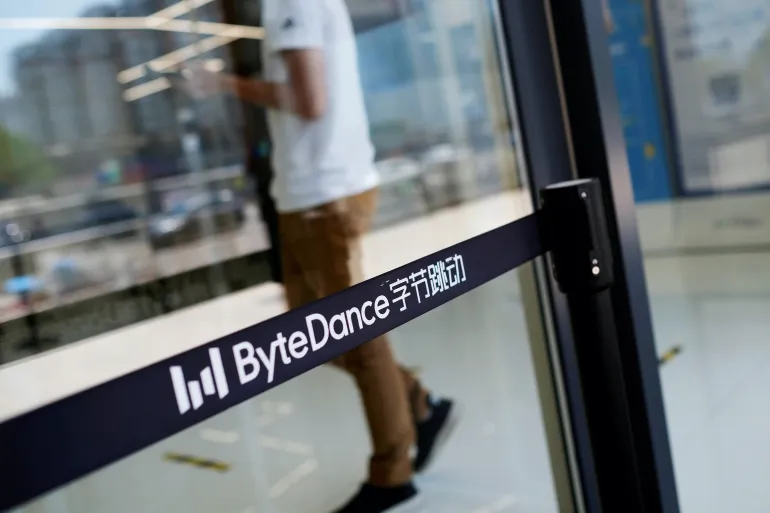
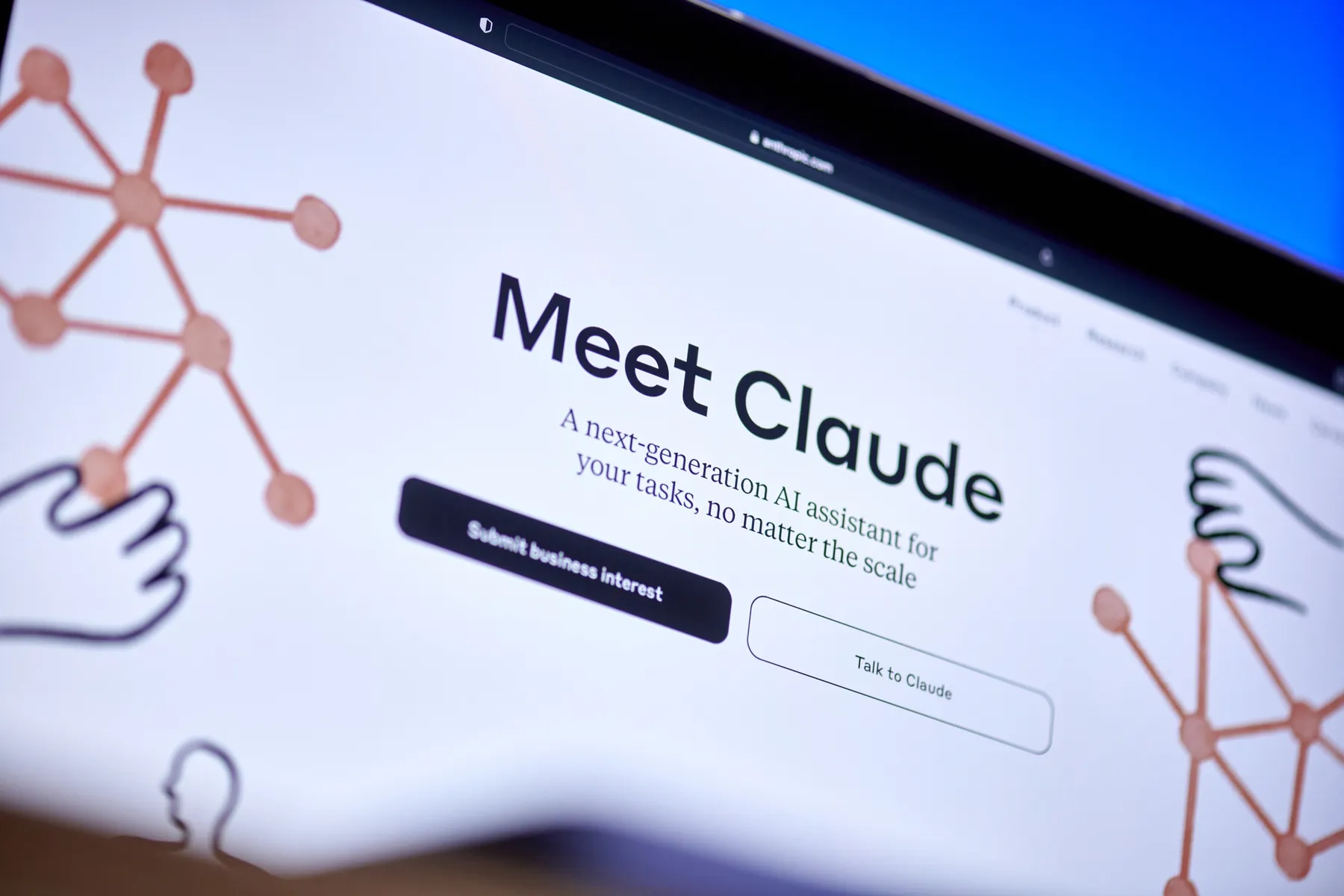
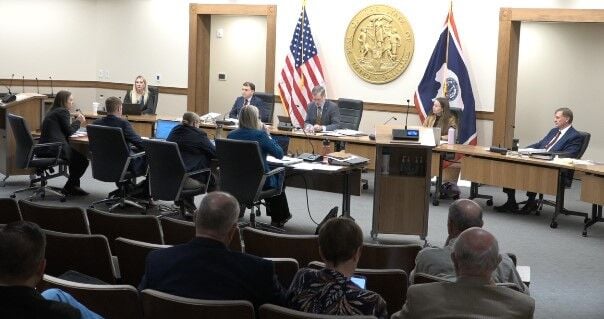




The latest news in your social feeds
Subscribe to our social media platforms to stay tuned